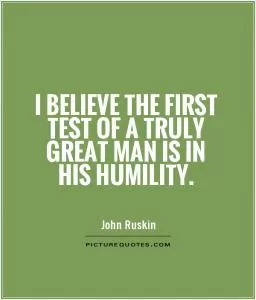Self-praise is for losers. Be a winner. Stand for something. Always have class, and be humble

Self-praise is for losers. Be a winner. Stand for something. Always have class, and be humble
John Madden, the legendary football coach and broadcaster, is a prime example of someone who embodies the idea that self-praise is for losers. Throughout his career, Madden always focused on the team and the game rather than seeking personal accolades. He understood that true success comes from standing for something greater than oneself and always conducting oneself with class and humility.Madden's coaching career began in the late 1960s when he took over as head coach of the Oakland Raiders. Known for his innovative strategies and motivational tactics, Madden led the Raiders to multiple playoff appearances and a Super Bowl victory in 1977. Despite his success on the field, Madden never sought attention or praise for himself. He always credited his players and assistant coaches for their hard work and dedication, emphasizing the importance of teamwork and unity.
After retiring from coaching, Madden transitioned to a successful career as a broadcaster, where he became known for his colorful commentary and insightful analysis. Even in this new role, Madden remained humble and focused on the game rather than drawing attention to himself. He always made sure to give credit to the players and coaches on the field, recognizing their efforts and achievements.
Madden's commitment to standing for something and always having class and humility has made him a beloved figure in the world of football. His dedication to the game and his respect for others have earned him the admiration and respect of fans, players, and colleagues alike. Madden's legacy serves as a reminder that true success is not measured by personal accolades or self-promotion, but by the impact one has on others and the values they uphold.












 Friendship Quotes
Friendship Quotes Love Quotes
Love Quotes Life Quotes
Life Quotes Funny Quotes
Funny Quotes Motivational Quotes
Motivational Quotes Inspirational Quotes
Inspirational Quotes